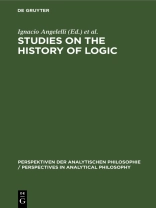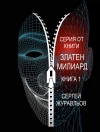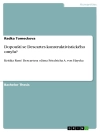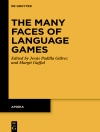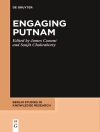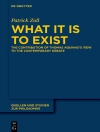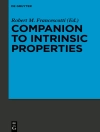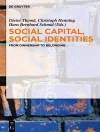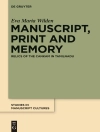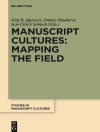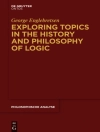Inhoudsopgave
Frontmatter — Preface — Contents — Contributors — Aristotle’s Theory of Predication — Aristotle’s Regress Argument — Alexander of Aphrodisias, Cicero, and Aristotle’s Definition of Possibility — Fonseca on Topics — Modes of Skepticism in Medieval Philosophy — Obligations as Thought Experiments — Utrum propositio de futuro sit determinate vera vel falsa (Antonio Andrés and John Duns Scotus) — Domingo de Soto (1494-1560) on Analogy and Equivocation — The Triplex Status Naturae and its Justification — The Semantics of Ramon Llull — The Doctrine of Descent in Jeronimo Pardo: Meaning, Inference, Truth — What’s the Matter with Matter: Materia Propositionum in the Post-Medieval Period — Copulatio in Peter of Capua (12th Century) and the Nature of the Proposition — Wyclif on sensus compositus et divisus — Some Examples of Logic in New Spain (Sixteenth-Eighteenth Century) — Necessity and the Galilean Revolution — Peirce’s Concept of Truth within the Context of his Conception of Logic — Peirce’s Concept of Proposition — Scholarship on the Relations between Ludwig Wittgenstein and Charles S. Peirce — Arithmetical Abstraction in Aristotle and Frege — The Role of Subsistent Propositions and Logical Forms in Russell’s 1913 Philosophical Logic and in the Russell-Wittgenstein Dispute — Are the Objects of the Tractatus Phenomenological Objects? — Does a Proposition affirm every Proposition that Follows from it? — Carnap’s Reconstruction of Intuitionistic Logic in The Logical Syntax of Language — Some Influences of Hermann Graßmann’s Program on Modern Logic — Indeterminism and Future Contingency in non-Classical Logics — Research on the History of Logic at Erlangen — Index — Backmatter
